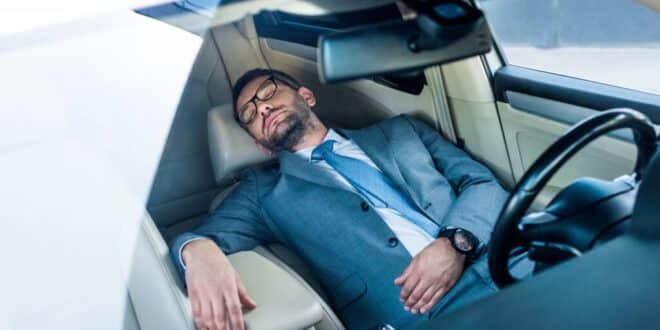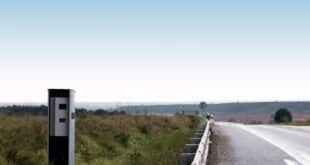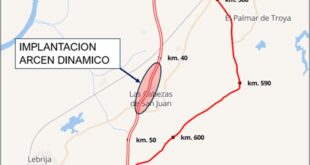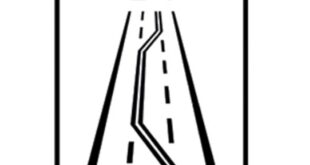What about a power nap while driving? In Spain it’s legal if you’re properly parked and everything stays inside the vehicle — but turn it into “camping” and local fines of €60–€600 can follow.
Credit: LightField Studios and Shutterstock
The red-eye, heavy eyelids and the lack of a hotel are all signs that you’re on your way. All of us have been there. The sensible option is to pull over and grab a nap – but is it legal to sleep in your car in Spain? Yes… if you do it properly. You could be hit with a fine more painful than a stiff neck if you don’t do it correctly.
Does Spain allow sleeping in cars?
First, the good news: in Spain you can sleep in your car as long as it is properly parked and all activities are done inside the car. The DGT, Spain’s traffic authority has set this rule. This means that you are in a legal parking spot, not nudging the road markings and haven’t made the space your own personal campsite.
Two important but small cautions. Your motor must be road-legal and insured, and you still have to respect local parking rules – residents’ bays, time limits in blue zones, height limits in undergrounds, all of it. A two-hour limit is not magically overridden by a legal kip.
If an officer passes by and notices a properly parked, quiet car, with a person sleeping inside, they’ll assume you are just another driver who is taking a rest. This is very different from what happens next.
When a quick kip turns into illegal camping
You’re in trouble if you leave anything on the ground outside of your vehicle. Most town halls consider this to be camping and will issue fines. Think of chairs, tables and awnings. Cool boxes, bikes and even bags or pillow are allowed on the street. Some councils are also against cooking, laundry or anything else that appears to be “setting up home”.
Penalties vary by municipality but typically land between €60 and €600. In sensitive or protected places the numbers rise fast: in parts of the Balearics, using a vehicle as a de-facto residence in a prohibited area can draw fines up to €1,500. Officers don’t need a tent to prove their point — a single awning or bit of kit outside the footprint of the vehicle will do.
It’s also not clever to doze in the car with the engine idling. This is not only bad for the environment, but also harmful. Keep things discrete, turn off the engine, open a small window for fresh air and switch it off.
Stop at the beach, mountains or other safer areas
Spain’s coast may be beautiful, but the Coastal Law can be strict. If you want to sleep in your vehicle, make sure it’s in a car park with a sign that clearly states overnight parking. In many seaside towns, overnighting along the beach is prohibited. Signs like “zona protectida”, nature reserves, and dunes are a no-no.
In the mountains, the rules are determined by the local council or park authority. Some trailhead parking lots allow an overnight stay in the vehicle. Others prohibit this to protect wildlife or reduce risk of fire. If there’s no sign, ask the policía local or the tourist office; they’ll usually point you to a permitted lay-by or service area.
You can find the best places to sleep if you only need a few minutes of rest. These include motorway service stations, designated rest areas and public or private parking lots (many have their policies published online). You’ll be able to avoid the temptation of stopping in an unsafe place if you plan your stop ahead.
It is common sense to follow a few simple road-smart driving tips: Keep valuables out-of-sight, lock the doors and never drink, then “sleep off” behind a wheel while the keys are in. Some regions still consider that the driver is in control.
If you’re properly parked and keep everything inside the car, sleeping in your vehicle is legal in Spain — and frankly, it’s safer than driving drowsy. Start unfurling chairs or edging onto the promenade and you’ve turned a rest break into camping, which can cost you €60–€600 (and more in protected areas). If you keep your surroundings tidy and quiet, the morning’s wake-up call won’t be a citation, but a cup of coffee.
 Costa News Spain Breaking News | English News in Spain.
Costa News Spain Breaking News | English News in Spain.





